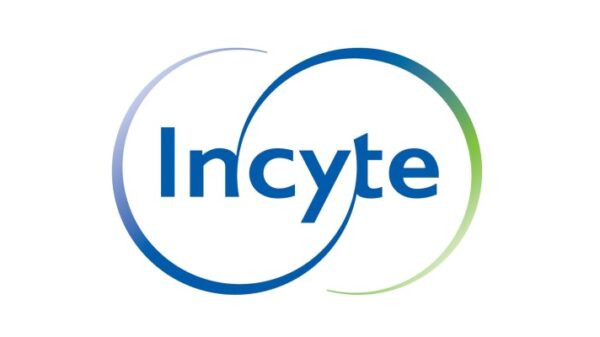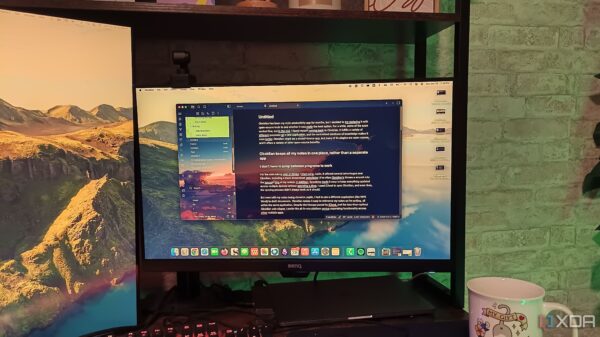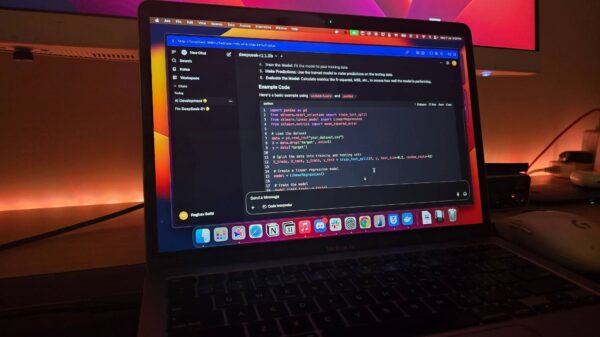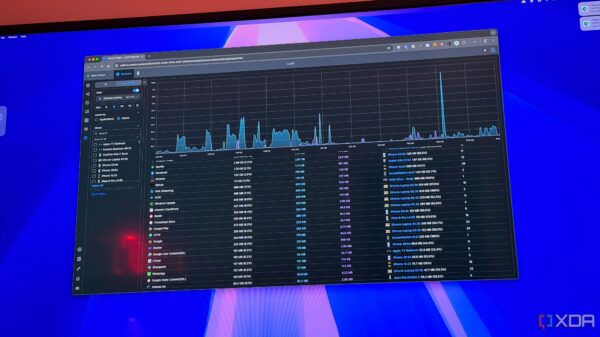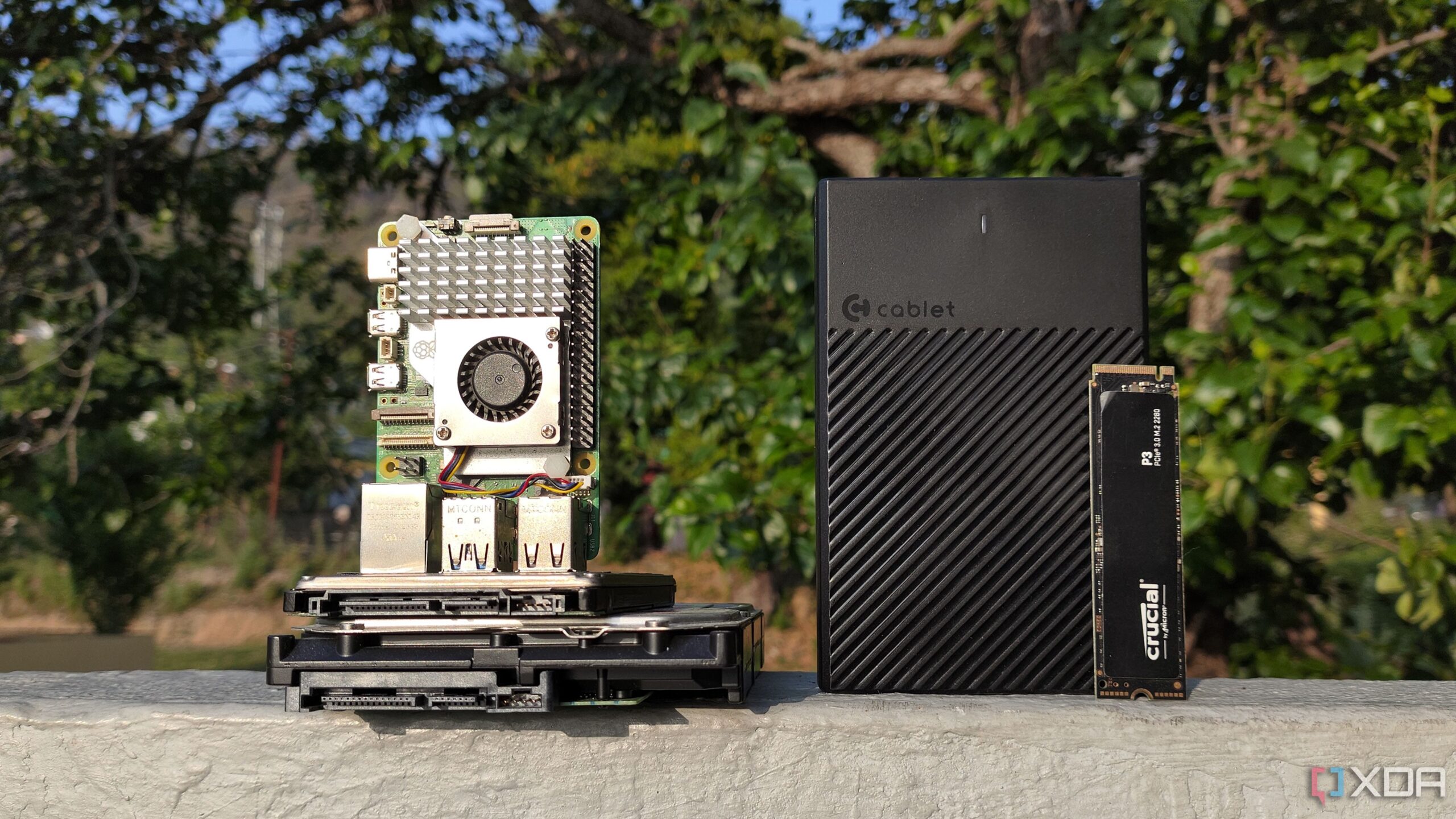BREAKING NEWS: Students are revolutionizing their programming skills with six innovative Raspberry Pi projects that are gaining traction as of July 2023. As educational tools, Raspberry Pi boards are not just for basic circuitry but are now pivotal in hands-on learning experiences that equip students for the digital age.
The Raspberry Pi series, once designed as an affordable entry point for budding coders, is now a powerhouse in the DIY community. These projects provide essential skills that are immediately applicable in both academic and professional settings.
1. Build Your Own Web Server
Designing a personal website is a compelling way for students to showcase their coding abilities. With the Raspberry Pi capable of running local web servers, learners can dive into web development using frameworks like Flask for Python or the LAMP stack for a robust setup. This opportunity allows students to experience real-world hosting challenges while enhancing their programming portfolio.
2. Nextcloud-hosting Workstation
Students can transform their Raspberry Pi into a Nextcloud-hosting workstation, enabling real-time collaboration on projects. This powerful personal cloud platform serves as a free alternative to Office 365, equipped with editing capabilities for spreadsheets and documents. It’s an invaluable resource for student teams looking to work efficiently and securely.
3. Budget-friendly NAS
With data storage needs skyrocketing, building a Network-Attached Storage (NAS) server on a Raspberry Pi provides a cost-effective solution. OpenMediaVault is a popular option that integrates seamlessly, allowing students to manage backups and file sharing without hefty investments. This project is particularly appealing for students needing reliable data storage solutions.
4. All-in-One Networking Hub
Students interested in cybersecurity can turn their Raspberry Pi into an all-in-one networking hub. By utilizing tools like Pi-hole for ad-blocking and local DNS management, students can enhance their network security. Additionally, deploying Kali Linux enables ethical hacking projects, giving students a hands-on approach to cybersecurity practices.
5. Kubernetes Node
As containerization continues to dominate tech industries, students can gain valuable experience by setting up a Kubernetes node using Raspberry Pi. This project not only teaches load balancing and network management but also prepares students for careers in DevOps. With a cluster of Raspberry Pis, learners can build a reliable high-availability system that mirrors modern cloud environments.
6. Lightweight Linux-based Coding Machine
Equipped with a variety of coding tools, Raspberry Pi serves as an excellent platform for aspiring programmers. Students can install VS Code and explore programming with ease. The compatibility with multiple protocols allows for advanced projects connecting microcontrollers and sensors, making it an ideal environment for learning and experimentation.
These projects highlight the significant impact of Raspberry Pi on student learning, offering practical skills that are in high demand in today’s job market. As students engage in these hands-on activities, they not only enhance their technical abilities but also prepare for future careers in technology.
As the educational landscape evolves, students are encouraged to embrace these innovative Raspberry Pi projects. For those looking to expand their skills, the time to act is now. The future of learning is in their hands, powered by creativity and technology.
For more information on these projects, students are urged to visit official Raspberry Pi resources and community forums to share their experiences and insights. Stay tuned for updates on how these projects are shaping the next generation of tech leaders.









